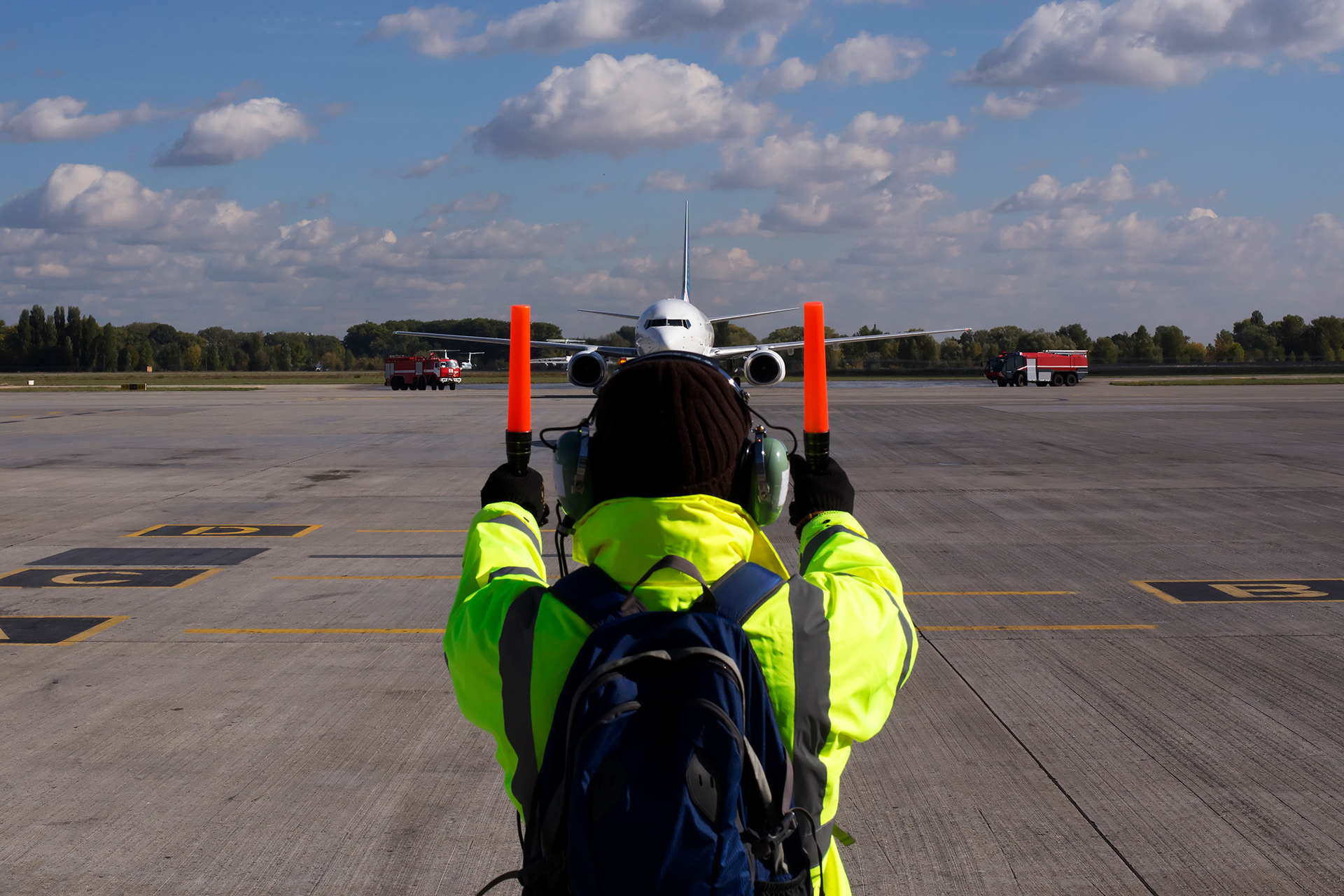Rationale
Pilot Performance remains a major factor in aircraft incidents and accidents where, despite previous efforts to mitigate risk, handling and/or inappropriate actions by flight crew continue to be highlighted. Pilot Performance is also being focused on as the most important means of addressing the potential accident outcomes of controlled flight into terrain and loss of control, for which the EPAS requires Member States to have an action plan.
Improving pilot performance, both in normal and non-normal circumstances, will enable pilots to intervene, with greater confidence and competence, to prevent threats within their environment generating hazards that could lead to high-risk outcomes.
Working with industry and fellow regulators, the CAA will ensure all recommendations and actions relating to the Germanwings accident in March 2015 are delivered wherever possible.
In addition, international safety partnerships may promote risk reduction in specific overseas destinations identified as high risk.
Outcomes
- Optimising pilot performance by ensuring selection, training, and continued skill development is appropriate for the aircraft and airspace of today and tomorrow.
- Addressing environmental, non-technical influencers such as human factors, fatigue and occurrence reporting which affect performance throughout the career of flight crew, including welfare management.
Actions
Optimise Pilot Performance to ensure flight crew receive the appropriate technical, and non-technical, training to enhance the skills necessary to operate aircraft, and in airspace, of now and in the future.
This will be through understanding the conditions and behaviours that influence the actions of flight crew to safely manage a flight. The work, in collaboration with Industry, will identify specific areas where performance of pilots needs greater focus and develop joint strategies to enhance flight safety in this area.
- Human Factors in Automation and Flight Path Management;
- Competencies: The Future Focus on Non-Technical Pilot Skills;
- Crew Supply Chain in Flight Operations;


Provide page feedback
Please enter your comments below, or use our usual service contacts if a specific matter requires an answer.
Fields marked with an asterisk (*) are required.